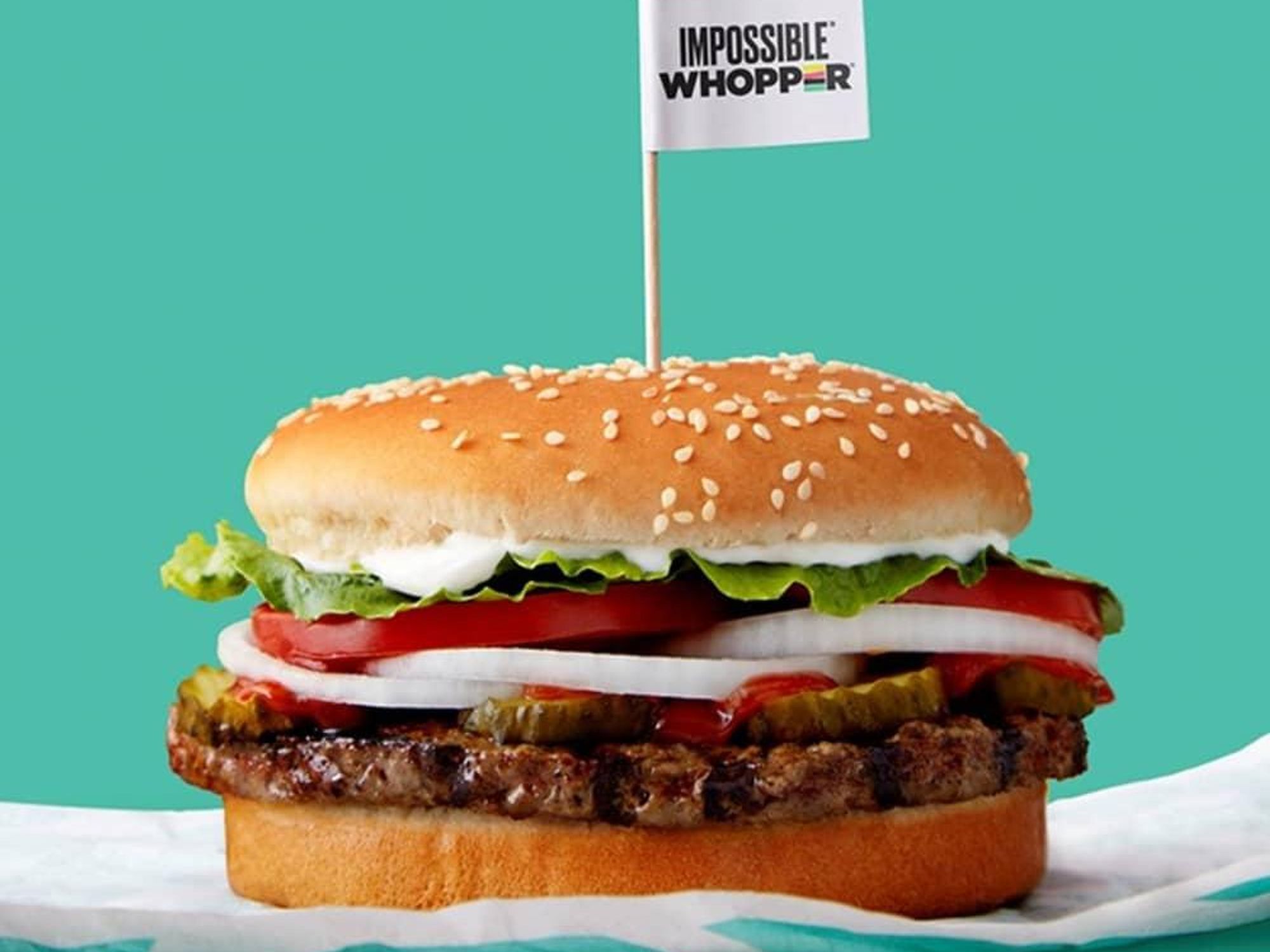Supermarket News
Dallas wine haunt Sixty Vines, Dr Pepper are doing eco-friendly things

Texas' Whole Foods Market may have earned an "F" for its wasteful plastic packaging, but other companies in the food & beverage industry are doing better — from a soda giant's slow move into recycled bottles, to a fast-food chain's testing of reusable packaging, to a local restaurant's diligent program to reduce waste.
Here are three companies making eco-friendly efforts:
Dr Pep inches toward recycled
Keurig Dr Pepper is transitioning its Snapple and CORE brands to bottles made of 100 percent recycled (rPET) plastic, which they say will eliminate about 46.3 million pounds of virgin plastic used by KDP annually.
They're already doing Snapple in recycled 16-ounce bottles on the West Coast, but will roll out more markets across the country through 2021. CORE bottles made from 100 percent recycled plastic will appear in early 2021.
"Transitioning to recycled plastic bottles for two of our key brands is a critical next step in Keurig Dr Pepper's commitment to a circular economy," said Monique Oxender, Chief Sustainability Officer of KDP.
It's really just a small step that won't even get the company to a total recycled commitment of 30 percent PCR, which is post-consumer resins, which is made from recycled plastic and can't be used a third time. Their projected goal for reaching 30 percent PCR is "by 2025." They just keep kicking the can down the road, and still are not taking full responsibility.
Anyone churning out as much plastic junk as these crap soda companies should really be required by law to have a side manufacturing arm, one in which they recycle all of their own bottles into usable bottles for their products, creating a perfect closed loop.
Burger King to test reusable containers
Burger King will begin testing reusable cups and Whopper boxes in 2021, to reduce waste from sandwich and soda packaging.
The plan is that customers order their food in reusable packaging, pay a deposit, and get the money back after they scan used soda cups and burger boxes through an app before returning them.
Burger King is working with a waste management company on a closed-loop system that creates no waste, because that packaging is repeatedly cleaned and re-used.
They'll launch a pilot program in the second half of 2021 in some Burger King locations in New York, Portland, and Tokyo.
Burger King has already made a big effort with the launch of its Impossible Burger Whopper, which uses 96 percent less land, 87 percent less water, and emits 89 percent less greenhouse gas emissions than icky gross beef.
Sixty Vines zero goals
Dallas-based wine concept Sixty Vines is committed to recyclable, reusable packaging, with a goal of moving toward a zero-carbon footprint within the next five years.
Sixty Vines' four locations — in Dallas, Plano, Houston, and Orlando — use a 60-tap wine system with keg wines. One keg holds 26 wine bottles and 1,500 over its refillable lifetime. This eliminates mounds of glass bottles, labels, corks, foil, and shipping supplies that accompany traditional wine bottles.
Sixty Vines also goes eco with its to-go packaging, using a combination of compostable products made of cane sugar, as well as post-consumer recycled items. They've moved away from paper menus by substituting them with QR code menus and tablet-based “pay at the table” options that launched last month.
